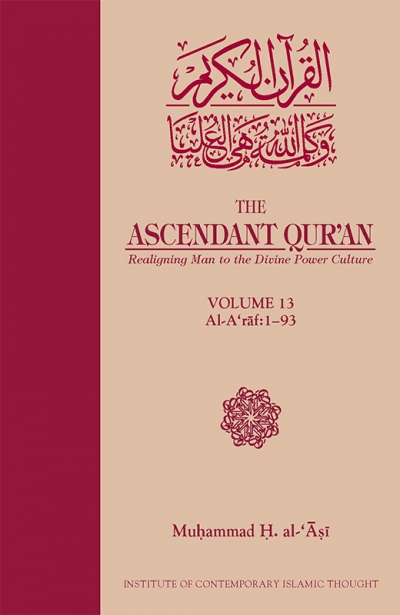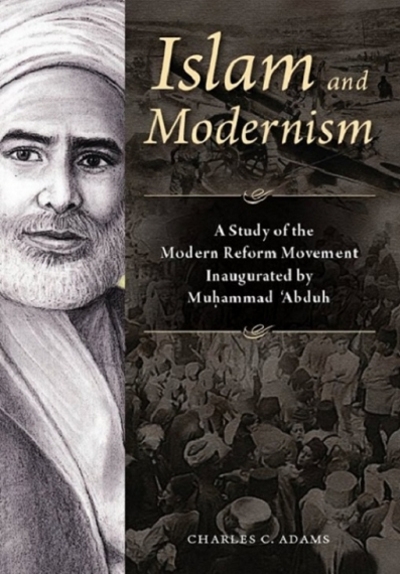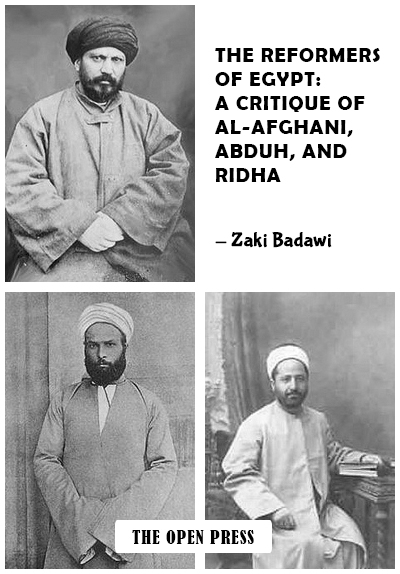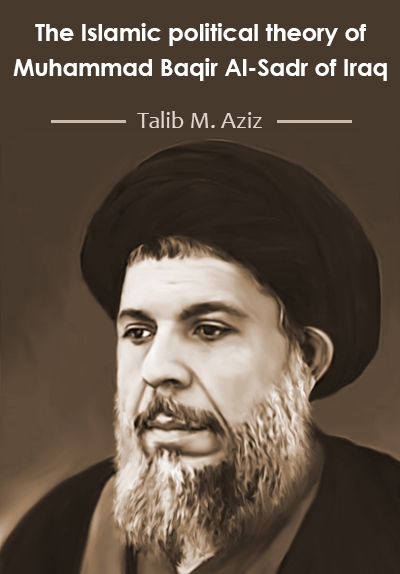Towards a New Liberation Theology: Reflections on Palestine
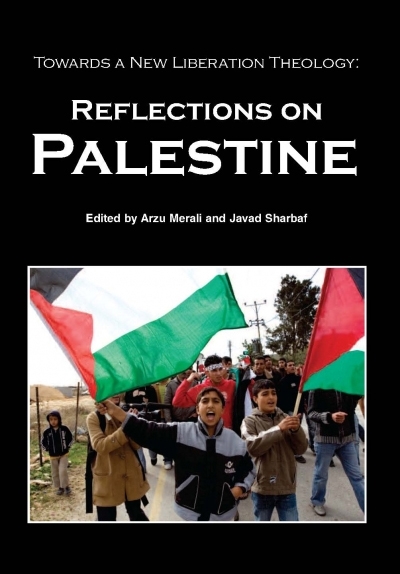
Author(s): Arzu Merali, Javad Sharbaf
Publisher: Islamic Human Rights Commission
Published on: Muharram, 1430 2009-01
ISBN: 978-1-903718-346
No. of Pages: 122
Introduction: Palestine, Liberation and Theology
by Arzu Merali and Barirah Limbada
Conceptualising the Palestinian struggle has taken many forms. Whilst political fora have focused on secular narratives as a partner in negotiations in the form of a variety of left-wing and nationalistic ideologies associated with the PLO and associated organisations. Despite decades of rejection, eventually the international community and even Israeli authorities sought and found hands to hold in this politicisation of Palestinian struggle.
Running contemporaneously, but often portrayed as contrary to these movements is a religiously driven set of narratives associated initially with Islamic Jihad and since the first intifada, Hamas. Religion in the Palestinian context, popularly understood and institutionally conveyed, is Islam. In this oft-cited view, it is Islam as opposed to Judaism that is thought to define not only the national narrative of the Israeli state but its raison d’etre and its legitimacy. Leaving aside the implications of the demonisation of one religion and sanctification of another within this simplistic vision of politics, nationhood and faith, this book sets out the views of those from religious traditions of resistance, within and without the Palestinian context in order to bring to light the anomalies and normativity of secular and religious struggle. The papers – all written before the election of the Hamas government in the Palestinian territories, look not at why religion in a politicised sense is important to the Palestinian masses, but why its importance can and should be understood as a universal cry for justice and freedom that should inform the political process. The editors of this volume are conscious of the many views of Liberation Theology, within a Christian context as well the revisiting of this concept within and beyond the Christian tradition with reference to gender, geography and confession. Further work that brings together theorists, theologians and practitioners is already in motion to take forward the ideas and discussion raised by the 2005 conference. This volume sets out (a) polemical stall(s), but it does not conform to one ideological or confessional stance, nor do its contributions speak from within one discipline. Using the idea of Liberation Theology as a way to re-conceptualise ideas around faith, religion, struggle and politics, the papers look at existing examples of this form of Christology as well as moot its limitations within and without Palestine and includes visions of what it could and perhaps already means from different faith perspectives and none. Amongst the key themes that this raised, justice and oppression as derived through theological concepts and praxis were illuminated through the traditions of Islam, Christianity and Judaism, in Palestine but also historically from South and Central America, South Africa and Northern Ireland. Set out in the opening speech of the conference was the idea of the chosen People as a religious concept. The elevated position of the oppressed confirms their status as the chosen people of God regardless of their confessional or ethnic background. The universality of this concept realigns theological concepts and practice across confessional boundaries and undermines any tendency to exceptionalism that internally focussed discourses on religion can tend to.
Whilst theological claims to Holy Land arise, the vista for conflict is repeatedly laid beyond that door. Concerns such as the denial of self-determination and continued occupation invoke the right to resistance as a form of justice. Clearly there is much diversity in the types of resistance invoked and justified and papers in this volume discuss the validity of both armed and unarmed resistance, using recent praxis and sociological and theological arguments to argue for and against guerrilla wars, the military intervention of states, pacifistic but active resistance in the form of economic boycotts and creating parallel economic structures, to awareness raising. The porosity of political and national boundaries in the current age of globalisation is also invoked as a practical tool for the opposition to oppression but also as a virtual ground for the emergence of a new global consciousness – the next step in solidarity with the oppressed in Palestine and beyond.
Four themes were repeatedly raised and discussed amongst the papers. A subtle difference in emphasis is evident on the purpose and project of Zionism. Ameli, McVeigh, Casseim, and El-Khansa understand Zionism to be a project of (neo)-colonialism, emphasising temporal issues of self-determination of a collective. Whereas Weiss and Cohen understand the character of Zionism to be unjust and misguided but simultaneously emphasise that Zionism is a direct challenge to providence and the divine decree of exile as well as a stain on Judaism, thus highlighting and stressing doctrinal and spiritual matters. Al-Asi shifts the emphasis again to argue that the true custodians of Palestine are those concerned about and possessed with justice.
The right to resist injustice characterises these papers. Implicit in Ameli’s paper is the notion that resistances and opposition to oppression is a benign religious duty stemming from religious dictates of justice and fairness. Ramahi understands resistance as a divinely decreed right (haq). Cassiem suggests that resistance is the law of nature. It is clear from reading these texts and throughout the collection that these positions are not mutually exclusive.
As regards, the methods of resistance, Ameli sees the virtual world as the social space in which resistance and opposition to oppression can emerge, inclusive of resistance to Zionism and support for Palestine opposition. Pappe argues that the education system is an important and useful tool in defeating the ideological foundations of Zionism and the ensuing Islamophobia that informs Israeli culture. There exists a tension relating to armed and unarmed resistance, exemplified in the examples given by Sizer of the Sabeel-Palestinian Liberation Theology Centre as opposed to Cassiem and Ramahi’s exposition of the inherent right to armed resistance. These tensions are also hinted at in the examples cited by Joe McVeigh.
Apparent too is an implicit difference of opinion on the role of the international community and its effectiveness. Ameli suggests that justice can be implemented or enhanced when “communities without states” begin to emerge; when individuals are able and willing to make judgements outside of the prevalent socio- political norms of their given societies. Implicit in this position is the view that organised state structures and, by extension, the international political system inherently privileges national interest (just or unjust) over and above justice, hence the need for ‘communities without states’. On the other hand, Pappe calls for ‘imposing of sanctions on Israel like those tha twere imposed on South Africa’. He further argues that ‘the UN and Britain have particular responsibility for forcing Israel…. to allow the Palestinian refugees to return’.
Pappe extends an effective role and responsibility to states and collective international state structures. In highlighting the failure to implement UN resolutions regarding the right to Palestinian refugees to return, El-Khansa implicitly assumes and accepts the role of the international community but highlights its ineffective. The relevance of theology lies in the values of equity, justice, truth and compassion for the weak and vulnerable, that are present in all major faiths. The aforementioned virtues are not limited to one’s own faith community; rather these are virtues that one should apply to all of humanity. As Ameli states, all are equal to one and one is equal to all.
The scriptural dictates for the pursuit of justice and the injunction against oppression are quoted from all three represented traditions. In the historical analyses of these papers, Liberation Theology implies an active pursuit of justice and active resistance to oppression, and is seen as playing an effective role in reshaping the societies of Latin America and was instrumental in the fight against apartheid in South Africa.
Acknowledging the normativity of faith in the struggle against oppression has happened in these contexts. Liberation Theology has overcome the stigma and demonisaion attached to it by its detractors within and without established churches. Its normalisation is one that needs to be emulated with regards to the understanding of other religious contexts of struggle. The current attempts to decry all religious affiliation in politics as variously archaic and barbaric is not only unjust oversimplification, but anathema to the recent history of religion and struggle. The editors hope that this volume contextualises religion in the Palestinian – Israeli conflict within that recent history, and helps posit the idea of faith as part of the solution and not the problems of the region.
(© Islamic Human Rights Commission, 2009)
